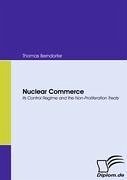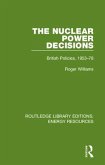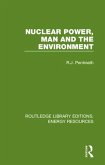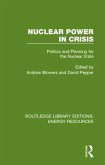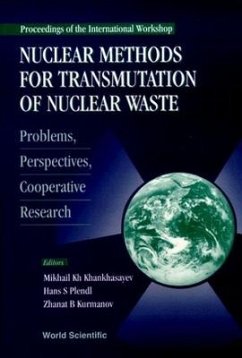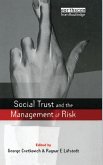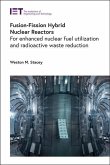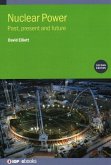Peaceful and non-peaceful applications of nuclear technologies share a common fate: one cannot exist without the other. As the world is about to experience a nuclear renaissance, the nuclear industry has gone through a phase of consolidation. Despite more efficient intra-industry structures and technological advancements it will still not be able to close the increasing gap in energy demand to be expected in the near future. The economic attractiveness and relative absence of emissions still make atomic power an attractive candidate for an energy mix comprising several different ¿clean¿ technologies. A renewed interest in nuclear energy will at the same time demand for a robust non-proliferation framework as a safety-guarantee for the market. Export controls have been found to be an effective tool in this regard. The Zangger Committee as the legitimate interpreter of the Non-Proliferation Treaty and the Nuclear Suppliers Group representing the most influential countries in nuclear commerce have established a system of checks and balances that may not halt proliferation altogether, but which has managed to slow it down significantly. The effect of these control structures on the development of the nuclear market cannot be assessed directly. Political and security concerns particularly attributed to nuclear matters make their application a necessity for the existence of the commerce itself. Recent global efforts such as the United Nations Security Council Resolutions 1540 and 1673 are focusing on the implementation of common set of key elements for strategic trade controls. The success of these measures will have a direct impact on the sustainability of the nuclear renaissance.
Hinweis: Dieser Artikel kann nur an eine deutsche Lieferadresse ausgeliefert werden.
Hinweis: Dieser Artikel kann nur an eine deutsche Lieferadresse ausgeliefert werden.

